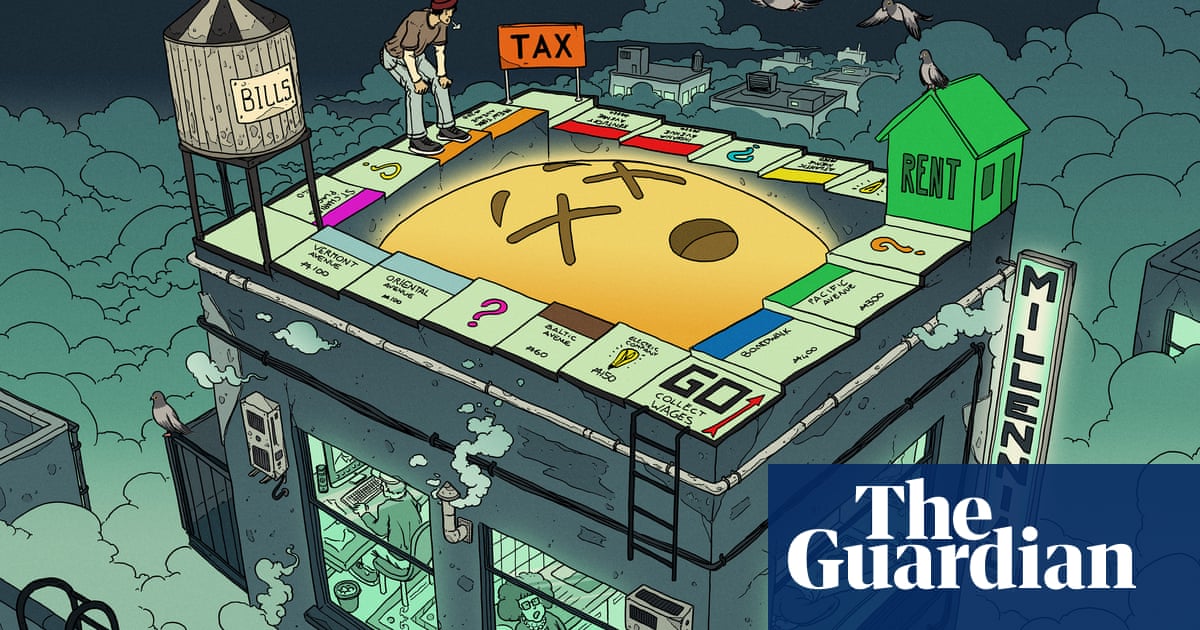- cross-posted to:
- economics
- cross-posted to:
- economics
Claire*, 42, was always told: “Follow your dreams and the money will follow.” So that’s what she did. At 24, she opened a retail store with a friend in downtown Ottawa, Canada. She’d managed to save enough from a part-time government job during university to start the business without taking out a loan.
For many years, the store did well – they even opened a second location. Claire started to feel financially secure. “A few years ago I was like, wow, I actually might be able to do this until I retire,” she told me. “I’ll never be rich, but I have a really wonderful work-life balance and I’ll have enough.”
But in midlife, she can’t afford to buy a house, and she’s increasingly worried about what retirement would look like, or if it would even be possible. “Was I foolish to think this could work?” she now wonders.
She’s one of many millennials who, in their 40s, are panicking about the realities of midlife: financial precarity, housing insecurity, job instability and difficulty saving for the future. It’s a different kind of midlife crisis – less impulsive sports car purchase and more “will I ever retire?” In fact, a new survey of 1,000 millennials showed that 81% feel they can’t afford to have a midlife crisis. Our generation is the first to be downwardly mobile, at least in the US, and do less well than our parents financially. What will the next 40 years will look like?



Really? Are there any examples? I like laughing at America for not having healthcare, but I don’t think education can be that bad.
This is very saddening.
First note that it’s enormously variable, with some college preparatory high schools being better than some colleges. The main thing is that education is a for-profit exercise, and now even government-funded ones behave like that too after No Child Left Behind. So like anything else, it’s whatever they can get away with selling their product with minimal input into in order to maximize the margin:-(.
Then above and beyond that, schools are partly paid for by the government, but also by the local district they are in, so schools in richer areas are going to be 1000x better than those in poorer ones. See e.g. this older John Oliver (Last Week Tonight) special: https://youtu.be/o8yiYCHMAlM.